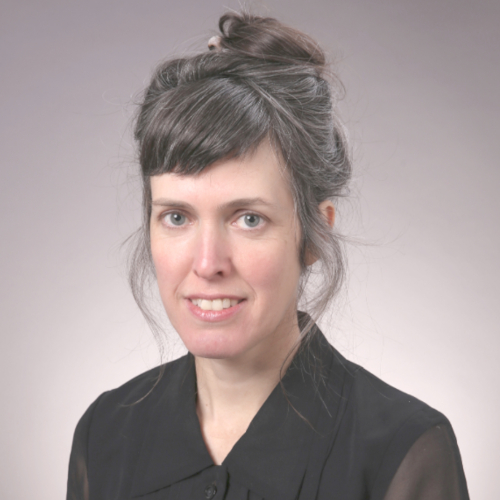Tamar Novick - Potential Plenty: The History of Urine and Infertility Research in Palestine*Israel
Lecture abstract
Potential Plenty: The History of Urine and Infertility Research in Palestine*Israel
In the transforming political, economic, and demographic circumstances of the post WWII era, different kinds of bodily waste emerged as important resources for biomedicine. In the context of reproduction research, studies demonstrated that certain kinds of urine contain valuable sex-hormones that could be used as the basis for fertility treatments, making urine a desired reservoir. Key pharmaceutical companies embarked on urine collection campaigns, quickly turning to the Middle-East to search for potential cheap donations. This talk centers on two such 1950s-1960s science-pharma projects, which grounded the region as a contemporary frontier of bioprospecting. One of the results was the production of Pergonal, a post-menopausal urine-based drug, which became a stepping-stone in the development of global reproductive technologies. Keeping the promise to overcome infertility depended on accelerating movement of bodily substances across borders, just as the mobility of those who donated these substances was being gradually restricted.
About the lecturer

Tamar Novick is an Assistant Professor of the History of Technology at the Technical University of Munich. She writes about agriculture, animals, reproduction, and bodily waste in Palestine*Israel. Novick is the author of Milk and Honey: Technologies of Plenty in the Making of a Holy Land (Cambridge, MA: MIT Press, 2023), and the guest editor of three special-issues in the journals Technology and Culture, Journal of Material Culture, and Osiris.
